Strong bones are crucial to good health, and good nutrition is crucial to strong bones. Find out what you need to protect the health of your skeleton for years to come.
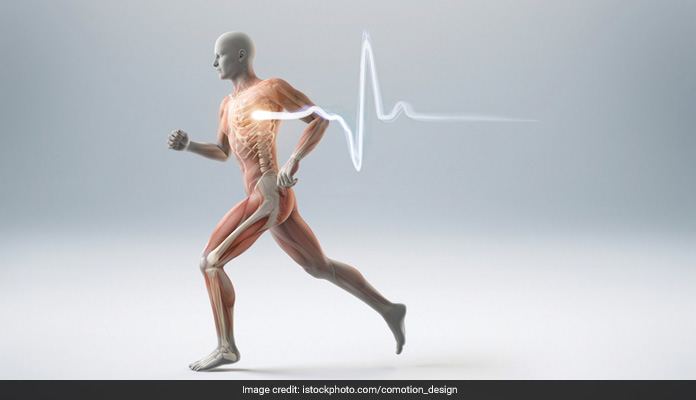
By 18 years of age, we reach about 95% of our peak bone mass
HIGHLIGHTS
- Calcium supports your bones, while vitamin D improves calcium absorption.
- Vitamin D deficiency can cause osteomalacia, osteoporosis.
- Smoking and caffeine intake are directly linked to lower bone density.
Adults up to age 50 should get 1,000 milligrams of calcium and 200 international units (IUs) of vitamin D a day. Adults over 50 should get 1,200 milligrams of calcium and 400 to 600 IU of vitamin D.Poor bone health can cause health problems like rickets and osteoporosis and increase the risk of breaking a bone from a fall later in life. Aging is accompanied with thin and fragile bones which leads to osteoporosis and other conditions and can be prevented with some simple lifestyle changes mentioned below:
1. Boost your Calcium consumption
Calcium is essential for the proper development of teeth and bones. Not getting enough calcium in your diet can lead to fragile, brittle bones that are more prone to fractures and disease.Milk is the best source of calcium. One cup of milk has about 30 percent of the calcium you need daily. Cheese is made from milk. Ergo, cheese has lots of calcium. With a wide variety to choose from, mozzarella is particularly high in calcium. For a healthier option, try cheese made from skim milk.Yogurt is an ancient culinary product. Due to yogurt's preparation process, this dietary staple actually contains significantly more calcium than the milk from which it is made. One 8-ounce serving of low-fat yogurt provides a full 42 percent of your daily calcium needs.Non-dairy products rich in calcium are broccoli, soybeans and green leafy vegetables.
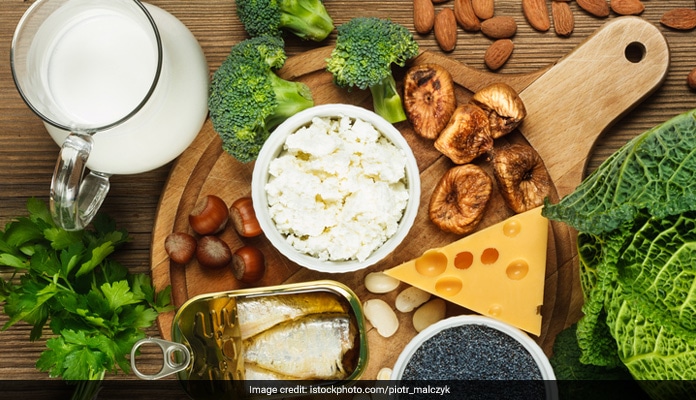
Our body need calcium to make healthy bones
Photo Credit: iStock
2. Vitamin D intake is imperative
Vitamin D helps the body to absorb bone-boosting calcium. Without enough vitamin D, your bones can become brittle and weak. Vitamin D deficiency can cause bone diseases like osteomalacia, precipitates or exacerbates osteoporosis in adults, and rickets in children.
Salmon is known for having plenty of heart-healthy omega-3 fatty acids, but a 3-ounce piece of sockeye salmon contains more than 100% of your vitamin D. Tuna, another fatty fish, is a good source of vitamin D. Three ounces of canned tuna contains 154 IU, or about 39% of your daily dose of the sunshine vitamin. The body also produces vitamin D when exposed to the sun for 10 to 15 minutes.Other food items rich in vitamin D are orange juice, sardines, shrimp, egg yolks or opt for vitamin D supplements.
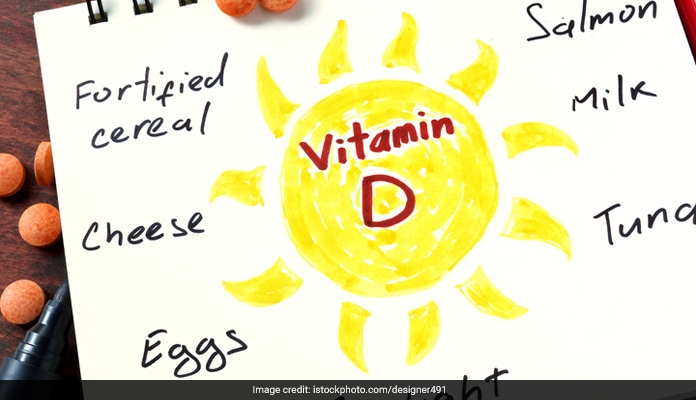
vitamin D helps your body absorb the minerals calcium and phosphorus from the food you eat, which is impo
Photo Credit: Istock
3. Limit your caffeine consumption
Caffeine decreases body's inability to absorb calcium. Limit your daily caffeine intake to 400mg or less. Children and youth under 18 should not have caffeine.Too much caffeine can interfere with the body's ability to absorb calcium. One study showed that drinking more than two cups of coffee per day accelerated bone loss in subjects who also didn't consume enough calcium. Another study showed that more than 18 ounces of coffee per day can accelerate bone loss by negatively interacting with vitamin D.

Caffeine-containing beverage consumption has been reported to be associated with reduced bone mass
Photo Credit: iStock
4. Exercise regularly
Regular exercise is the key to keeping a number of health issues at bay, and bone health is no exception. In fact, living a sedentary lifestyle is considered a risk factor for osteoporosis. One study comparing bone density in college women with various body weights and activity levels found that athletes with low body weight had the highest bone density of any group in the study, showing exercise (and low body weight) can have a positive effect on bone density. Exercises like running, walking, jumping rope, skiing, and stair climbing keep bones strongest.
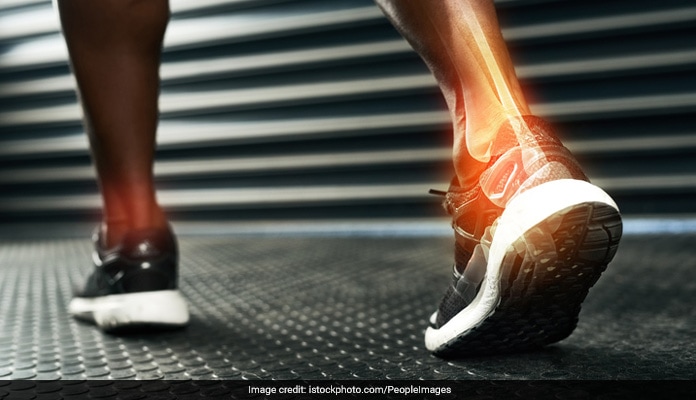
The best exercise for your bones is the weight-bearing kind, which forces you to work against gravity
Photo Credit: iStock
5. Avoid excess salt
Salt causes a significant change in bone calcium balance, especially when consumed with a high calcium intake. Instead of using table salt to add flavor to your food, you can use herbs and spices. Also, avoid processed foods that are often high in salt.
6. Quit smoking
Smoking is incredibly harmful for your bones are no exception. Smoking decreases the capability of vitamin D to absorb calcium and interferes with your body's ability to use vitamin C to create new collagen. Smoking is also directly linked to lower bone density. Smoking lowers estrogen levels in men and women. Estrogen is crucial to helping your bones retain calcium and other minerals. Female smokers tend to experience menopause at an earlier age, leading to increased bone loss.
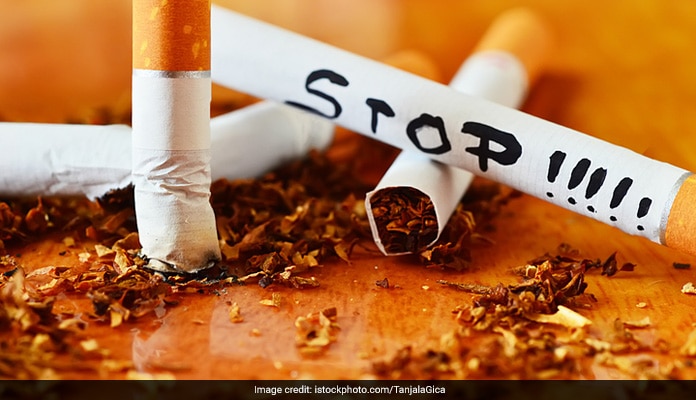
smoking lowers estrogen levels in both men and women
Photo Credit: iStock
DoctorNDTV is the one stop site for all your health needs providing the most credible health information, health news and tips with expert advice on healthy living, diet plans, informative videos etc. You can get the most relevant and accurate info you need about health problems like diabetes, cancer, pregnancy, HIV and AIDS, weight loss and many other lifestyle diseases. We have a panel of over 350 experts who help us develop content by giving their valuable inputs and bringing to us the latest in the world of healthcare.














